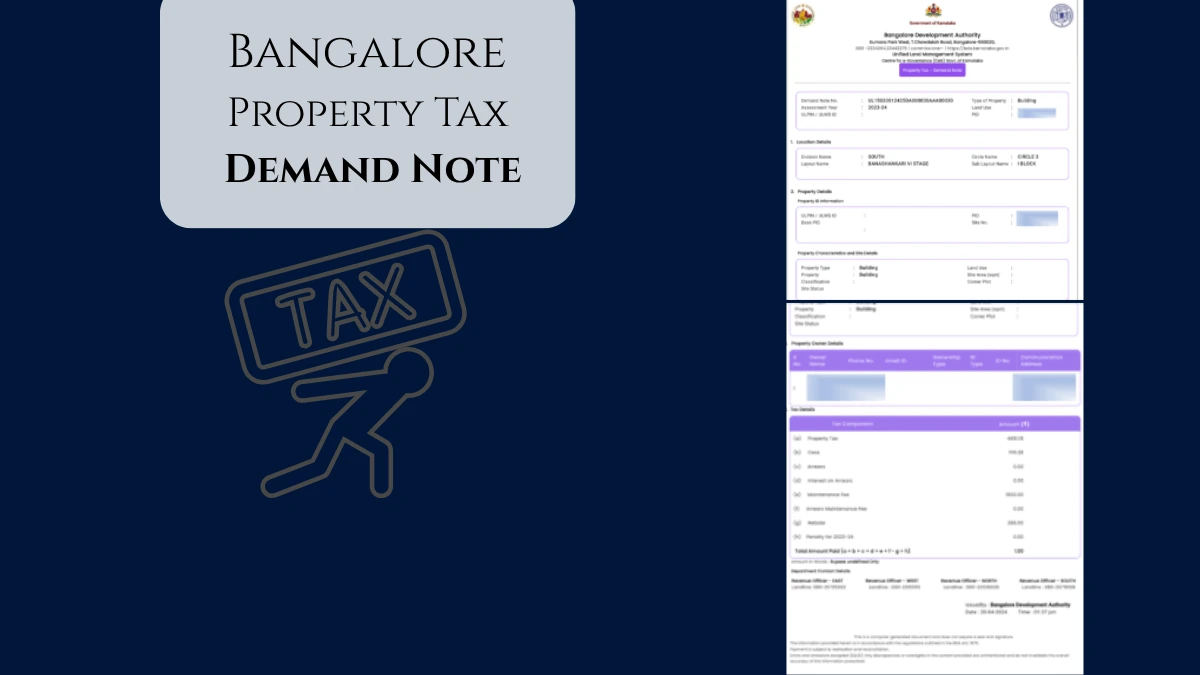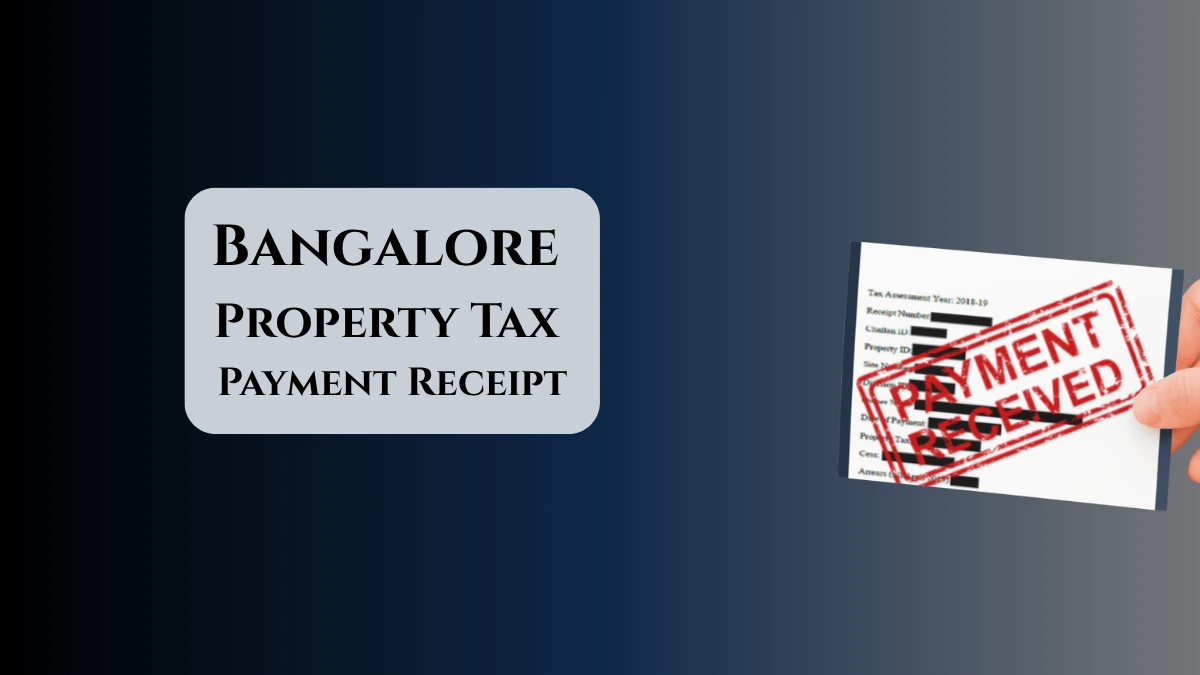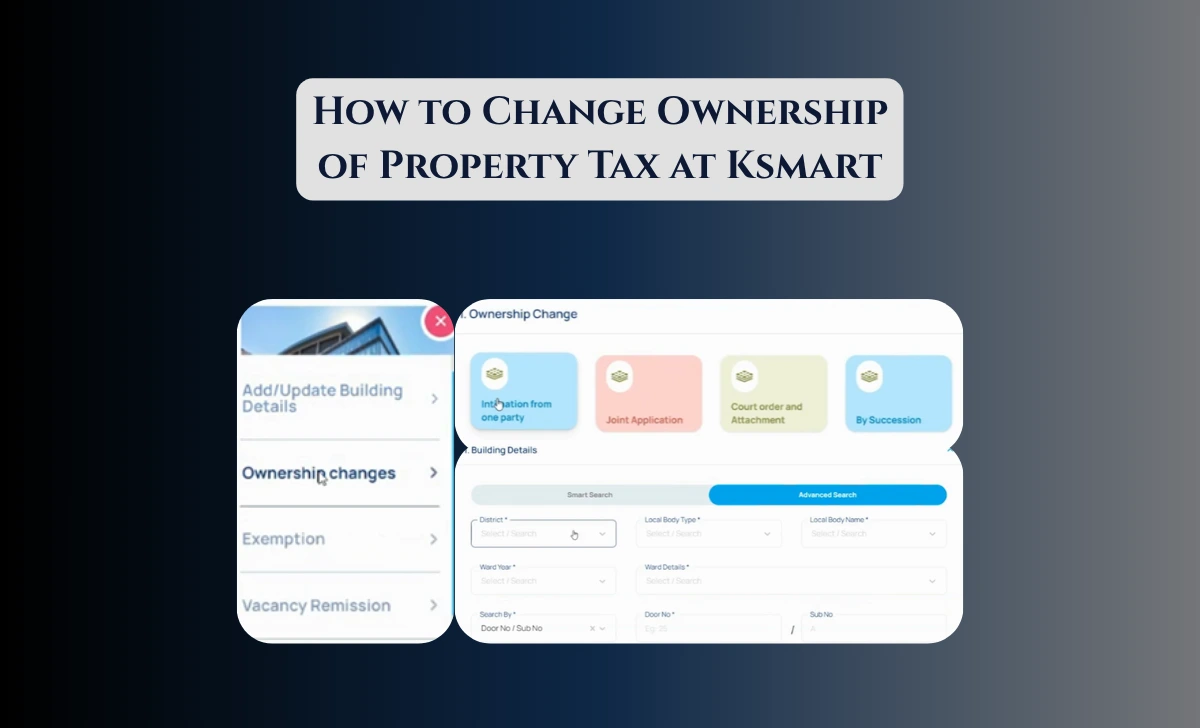Let Out Property Meaning
A letout property is any property (residential, commercial, or industrial) that you own and rent out to tenants in exchange for rental income.
Under Indian income tax law, if you receive rent from a property, it is classified as a letout property for that period, regardless of whether it let out for the entire year or just part of it.
LetOut Property Key Features
- The property is not self occupied by the owner or their family.
- Whether actively rented or leased to tenants under a formal agreement.
- Rental income received is taxable under the head “Income from House Property.
- Applies to all types of property (residential flats, houses, commercial offices, shops, etc).
Deemed Let Out Property
If you own more than one property and do not self occupy them, only one may classified as self-occupied (your choice), while the rest may treated as deemed let out even if they are vacant.
The tax law assumes you are earning notional rent from these additional properties, and you must pay tax on this notional income.
Tax Implications and Calculation of Let out Property
Rental income from letout property is taxable after allowing certain deductions:
- Municipal Taxes: Deductible from the gross rental income.
- Standard Deduction: 30% of the net annual value (after municipal taxes) allowed as a flat deduction for maintenance and repairs.
- Interest on Home Loan: The full interest paid on a home loan for a let out property can be claimed as a deduction without any upper limit, though set-off of loss from house property is capped at ₹2 lakh per year.
- Other Allowable Deductions: Insurance premium, repairs, and certain other expenses can also be claimed.
Example Calculation
| Step | Amount (INR) |
|---|---|
| Gross Annual Rent | 6,00,000 |
| Less: Municipal Taxes | 50,000 |
| Net Annual Value (NAV) | 5,50,000 |
| Less: Standard Deduction | 1,65,000 (30% of NAV) |
| Less: Interest on Loan | 2,00,000 |
| Taxable Income | 1,85,000 |
Benefits of Letting Out Property
- Steady Rental Income: Offers regular cash flow.
- Tax Deductions: Reduces taxable income through various deductions.
- Investment Growth: Potential for property value appreciation.
- Ownership Retention: You retain ownership while generating income.
Comparison: Let Out Vs Deemed Let Out Vs Self-Occupied Property
| Criteria | Let Out Property | Deemed Let Out Property | Self-Occupied Property |
|---|---|---|---|
| Occupancy | Rented to tenants | Not rented, but treated as let out for tax purposes | Occupied by owner or family |
| Taxable Income | Actual rental income (minus deductions) | Notional rent (minus deductions) | No rental income taxed |
| Key Deductions | 30% standard, municipal taxes, full loan interest | 30% standard, municipal taxes, full loan interest | Limited deduction on loan interest |
| Tax Treatment | Taxed under Income from House Property | Taxed under “Income from House Property” | Limited tax liability |
Final Summary: If you own multiple properties, only one can be self-occupied, the rest are taxed as let out or deemed let out, even if not actually rented. Owners must declare this income and can claim deductions to minimize their tax liability.





